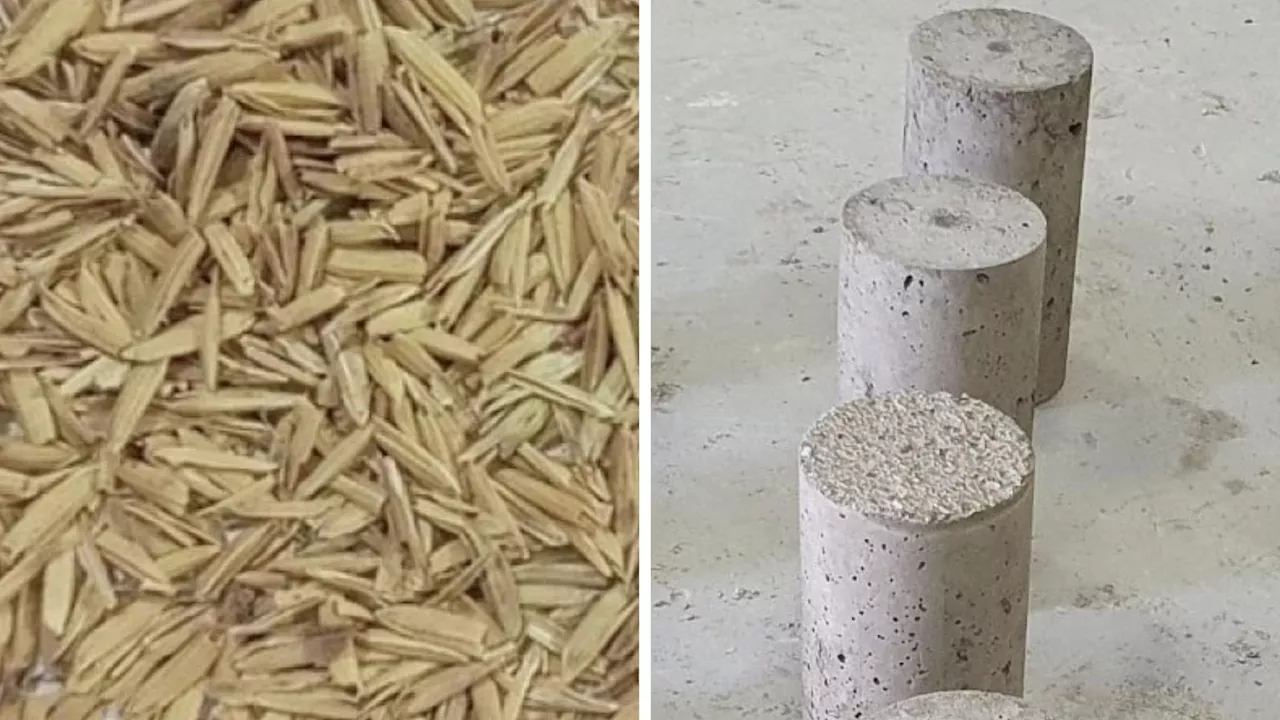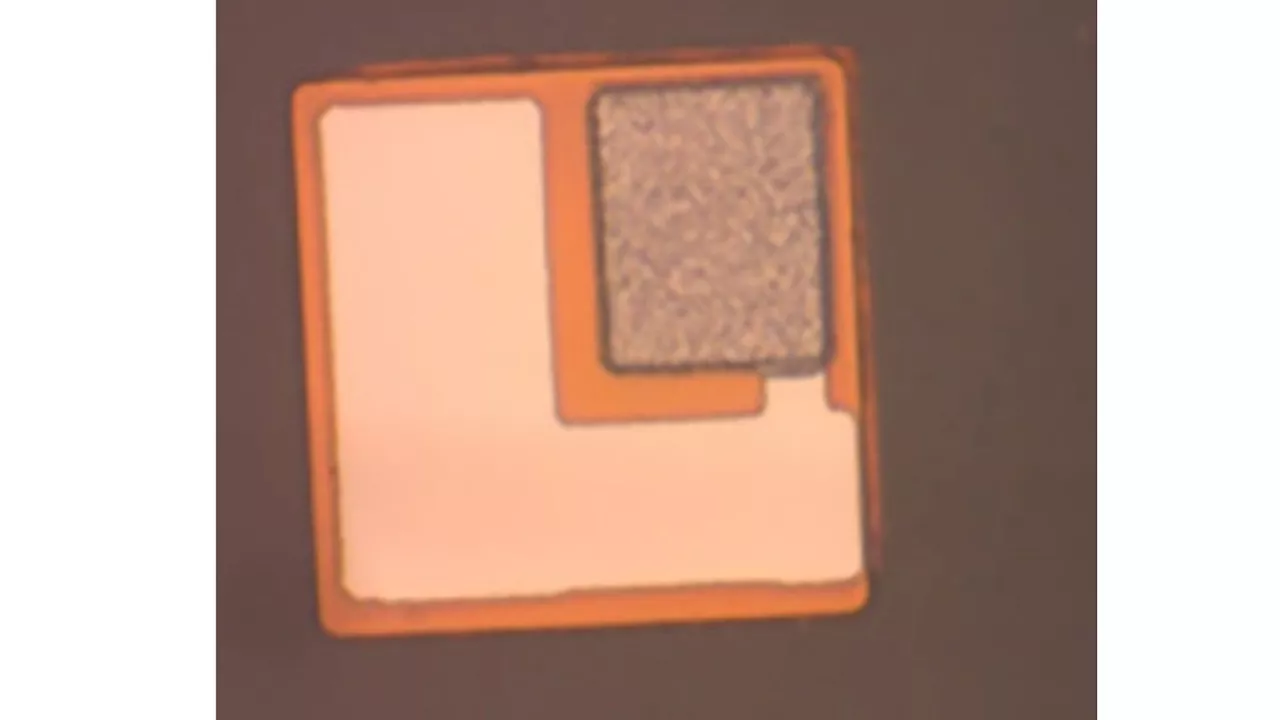Researchers developed tiny Zn batteries with high energy density, producing 10,000 units per 2-inch wafer to power small sensors.
Researchers at the Massachusetts Institute of Technology have created microscopic zinc -based batteries capable of delivering high energy in volumes of only two picoliters each.
MIT researchers believe that this approach may contribute to the downscaling of energy storage systems for incorporation into devices the size of cells. Additionally, alternative power sources like solar cells restrict functionality in low-light conditions, such as underground or inside pipelines. The team developed a tiny zinc/platinum/SU-8 battery using a process called photolithography, which allowed them to create a very high-energy-density micro battery at a picoliter scale.
Microbatteries Robot Sensor Zn Battery
Nigeria Latest News, Nigeria Headlines
Similar News:You can also read news stories similar to this one that we have collected from other news sources.
 MIT researchers use large language models to flag problems in complex systemsResearchers used large language models to efficiently detect anomalies in time-series data, without the need for costly and cumbersome training steps. This method could someday help alert technicians to potential problems in equipment like wind turbines or satellites.
MIT researchers use large language models to flag problems in complex systemsResearchers used large language models to efficiently detect anomalies in time-series data, without the need for costly and cumbersome training steps. This method could someday help alert technicians to potential problems in equipment like wind turbines or satellites.
Read more »
 MIT researchers make hydrogen fuel from soda cans, seawater, caffeineMIT engineers have developed a fast and sustainable method for producing hydrogen fuel using aluminum, saltwater, and coffee grounds.
MIT researchers make hydrogen fuel from soda cans, seawater, caffeineMIT engineers have developed a fast and sustainable method for producing hydrogen fuel using aluminum, saltwater, and coffee grounds.
Read more »
 MIT’s new robot gently peels squash with one hand while holding it by otherResearchers at MIT have developed a new robot that can easily peel multiple vegetables.
MIT’s new robot gently peels squash with one hand while holding it by otherResearchers at MIT have developed a new robot that can easily peel multiple vegetables.
Read more »
 Husk power: Researchers turn rice trash into green concrete treasure with AIResearchers from ten universities use AI to test rice husk ash as a sustainable cement alternative, aiming to cut costs and emissions.
Husk power: Researchers turn rice trash into green concrete treasure with AIResearchers from ten universities use AI to test rice husk ash as a sustainable cement alternative, aiming to cut costs and emissions.
Read more »
 Researchers pump extra CO₂ into an oak forest and discover trees will be 'woodier' in futureOak trees accumulate more wood when there is more carbon dioxide (CO₂) in the atmosphere. That's the key finding from our new study, carried out in a long-established forest in Staffordshire, England, that we have turned into a huge field experiment by injecting with extra CO₂.
Researchers pump extra CO₂ into an oak forest and discover trees will be 'woodier' in futureOak trees accumulate more wood when there is more carbon dioxide (CO₂) in the atmosphere. That's the key finding from our new study, carried out in a long-established forest in Staffordshire, England, that we have turned into a huge field experiment by injecting with extra CO₂.
Read more »
 Researchers discover there was an overseas trade supplying horses for sacrifices during the late Viking agePrehistoric communities from Iceland to the Eurasian Steppe sacrificed horses as part of their funeral rites. These Baltic tribes, known as the Balts, sacrificed horses longer than anywhere else in Europe, up until the 14th century.
Researchers discover there was an overseas trade supplying horses for sacrifices during the late Viking agePrehistoric communities from Iceland to the Eurasian Steppe sacrificed horses as part of their funeral rites. These Baltic tribes, known as the Balts, sacrificed horses longer than anywhere else in Europe, up until the 14th century.
Read more »
